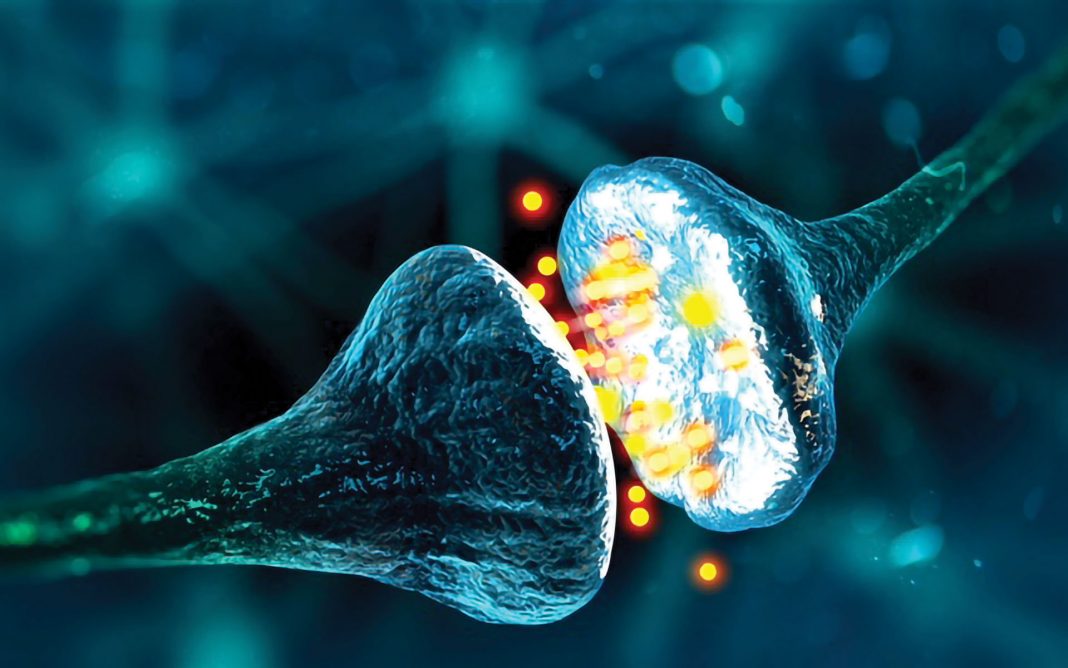April 1, 2018 (Vol. 38, No. 7)
An Alzheimer’s Candidate Has Garnered Optimism in Clinical Trials
In The Little Engine That Could, a plucky locomotive volunteers to haul a heavy train up a hill. The little engine whispers, “I hope I can I hope I can” at the hill’s base; rumbles, “I think I can I think I can” as it struggles up a steep slope; and exclaims, “I know I can I know I can” as it nears the top. Such optimism is hard to fault. Yet when it is expressed by a little biopharma as opposed to a little engine, many onlookers are inclined to say, “I doubt you can I doubt you can.”
A little biopharma called Neurotrope BioScience has been trying to build up a head of steam for its lead therapeutic candidate, an Alzheimer’s drug called bryostatin. Neurotrope, to judge by its announcements, sees itself somewhere between “I hope I can” and “I think I can.” Onlookers, however, express the sort of skepticism seldom seen in children’s stories, but common in drug development and the business press.
Last year, Neurotrope announced that it had positive top-line results from a Phase II trial of bryostatin in 147 patients with moderate to severe Alzheimer’s disease. Less rosy interpretations of the results were suggested by some analysts, and Neurotrope shares slumped. Undeterred, Neurotrope provided a follow-on analysis last January. According to the company, the new figures indicate that bryostatin is still on track.
“A post-hoc analysis of data from its Phase II trial in patients with advanced Alzheimer’s disease (AD) found evidence of improvement in cognition in patients receiving the 20-µg bryostatin regimen who did not receive memantine [Namemda], an approved AD treatment, as background therapy,” a Neurotrope press release noted. “The follow-on analysis also found that patients in the 20-µg treatment arm showed a sustained improvement in cognition over baseline compared to the placebo group at week 15 (30 days after last dose at week 11).”
“The discovery that an NMDA inhibitor like memantine may diminish the effect of bryostatin, a PKC epsilon activator, is very interesting,” commented George Perry, Ph.D., a neurobiologist at the University of Texas at San Antonio who recently joined Neurotrope’s board as a director. “It is consistent with the proposed mode of action of bryostatin, and provides an internal control within the trial.”
To find out where Neurotrope is headed next, GEN spoke to the company’s new CEO, Charles S. Ryan, J.D., Ph.D. “We’re planning a confirmatory Phase II clinical trial in a larger population of patients with advanced AD who are not taking Namenda as background therapy,” Dr. Ryan said. “We’ll remain focused on evaluating and developing bryostatin at the 20-µg dose with a study that will be designed and powered to incrementally confirm the cognitive increases previously observed.”
Dr. Ryan added that Neurotrope expects to begin the confirmatory study in the first half of 2018.
In the clinical work ahead, bryostatin may experience additional ups and downs. Regardless, the drug—a protein kinase C epsilon (PKCε) activator derived from a marine animal—can lay claim to an intriguing mechanism of action. “This molecule penetrates the blood-brain barrier to activate synaptic growth factors and thereby induce the production of new, mature synapses, activate signaling pathways that protect against neuronal death, reduce the levels of amyloid-beta oligomers, and thus reduce the production of extraneuronal amyloid plaques, prevent hyperphosphorylation of tau, and thus the generation of intraneuronal fibrillary tangles—and, through all of these mechanisms, potentially restore cognitive functions,” explained Dr. Ryan.
Neurotrope, then, emulates the Little Engine in two respects. It remains optimistic in the face of adversity, and it is willing to take on a challenge that might intimidate even large players. At a time when others have experienced significant setbacks in AD, said Dr. Ryan, Neurotrope is focusing on advanced AD patients. “Bryostatin,” he continued, “is the first PKCε modulator to be tested in a Phase II study in this population, which is notoriously difficult to treat, while virtually the entire industry is oriented toward treating mild to moderate AD and even mild cognitive impairment patients, 50% of whom never actually progress to AD.
“While current therapies on the market treat only the symptoms of AD, Neurotrope’s latest trial with bryostatin showed promising signs of sustained clinical benefit. The persistence of improved cognition one month after all dosing had been completed suggests that bryostatin has potential to treat the underlying cause of the disease as well as the progression of the disease.”

Charles S. Ryan CEO, Neuotrope Bioscience



